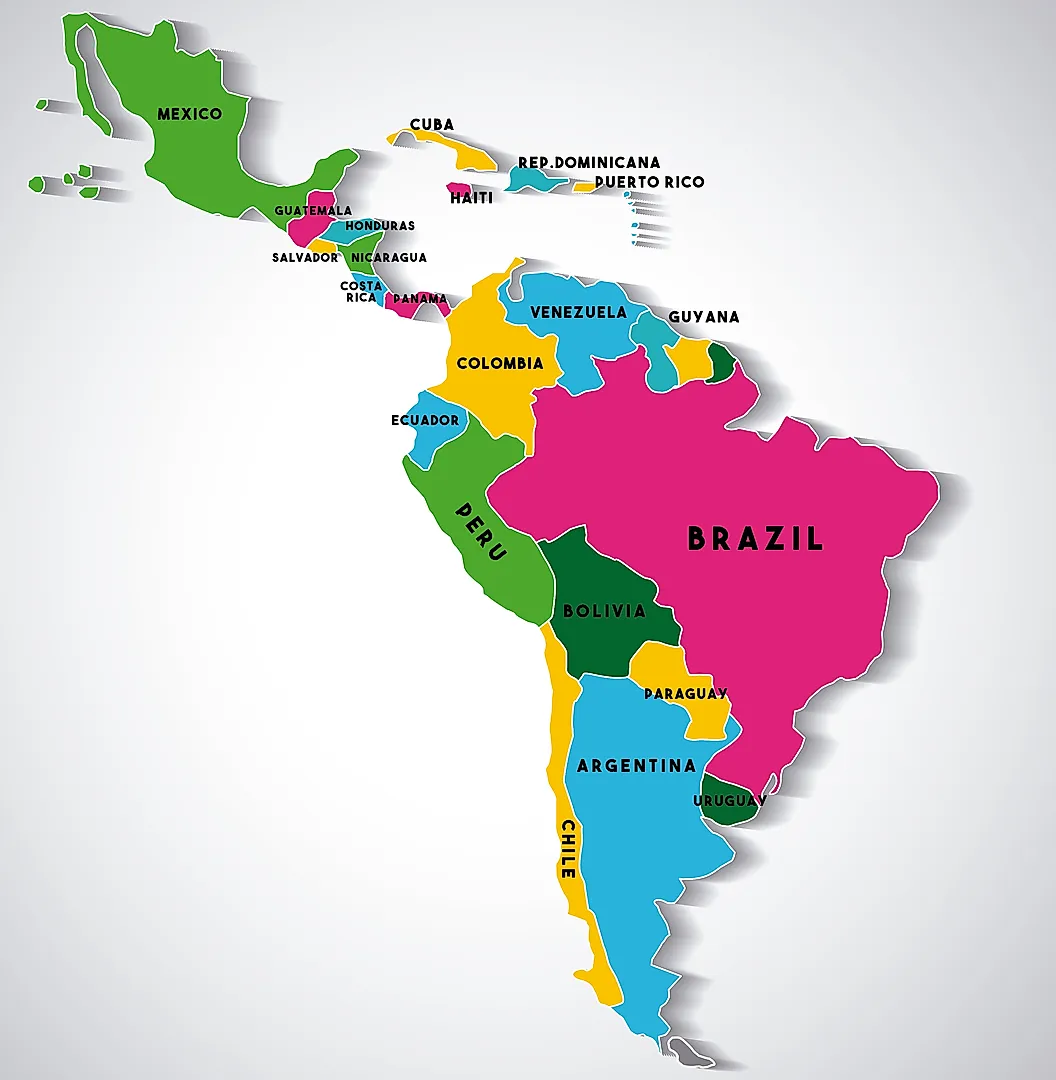The results of Argentina’s mid-term elections were not what anyone expected. President Javier Milei’s La Libertad Avanza party harvested 41% of the vote nationwide. It was a tidy victory over a Peronist opposition that clearly expected the population to decide its ill-conceived dalliance with free-market fundamentalism was over.
Herald reporter Facundo Iglesia, who spent the evening outside the Libertarian campaign HQ, found that people cited all sorts of reasons for voting Milei. None were faring better economically, but there was one thing they all had in common: they dreaded the return of Peronism.
Today, Argentines are chewing over why their society has doubled down on such an eccentric choice of government. Let’s not forget that Milei is the man who bragged about his tantric sex antics on national television, cloned his dog after it died, and organized a self-styled arena rock show to launch his book just weeks ago. Some have asked whether Peronists blew their firepower early by splitting the Buenos Aires provincial elections from the national vote. Others have mused about the new single paper ballot, which meant that, say, cheeky rivals can no longer throw the other party’s ballots in the bin.
Yet, none of this suffices to explain the scale of the drubbing that Peronism took last night. Despite the planned industrial-scale impoverishment that Milei brought about when he took office, an ailing economy, and a hat trick of corruption scandals in the run-up to the election, the people voted for LLA, as they did in both the primaries and the run-off in 2023. Instead, we need to look at sweeping changes in social attitudes towards the state and how it spends. In that regard, there are interesting comparisons with my home country, the UK.
A fiscally profligate opposition Between 2010 and 2024, the UK was ruled by the Conservative party, which pursued years of austerity policies. Their logic was that Britain needed to recover from the 2008 financial crash, and their Labour Party opposition were too fiscally profligate to be trusted. Government departments and local government funding were cut to the quick. Vulnerable individuals who depended on benefits were subjected to dehumanizing tests to determine whether they were capable of working. The National Health Service, a jewel among public healthcare systems, was systematically eroded by years of spending and public sector pay freezes.
These measures were often Kafkaesque in their cruelty, with many chronically ill and disabled people being declared fit to work — and therefore ineligible for state support — even when this was obviously untrue. It often boiled down to: are you physically capable of picking up a pen? No money for you. Data showed that seven in every 10 cases were overturned on appeal, but not everyone had the strength or resources to fight the system. It’s no coincidence that disability funding has also been hotly contested in Milei’s Argentina.
As the years wore on, the human indifference and the ideological drive behind Britain’s initiatives became increasingly transparent. Healthcare workers blew the whistle about the pressure not to approve too many benefits claims, irrespective of claimants’ actual ability to work. People in wheelchairs were called to attend assessments in centers that were not wheelchair accessible — in one instance, Geoff Meeghan, a man with Parkinson’s who was unable to walk more than 3 meters, was abandoned on the second floor of an assessment center during a fire.
Despite widespread protests against these measures, the Conservatives were in power for 14 years, winning four general elections: in 2010, 2015, 2017, and 2019. (During her tenure, Prime Minister Theresa May declared that her government would no longer pursue austerity policies in late 2018, although the extent to which they actually changed course is up for debate.)
In the UK, as in Argentina, the population continued to vote for policies that were objectively harmful to society’s most vulnerable. Why?
The welfare queen myth The Conservative government, together with a supportive media, was successful in persuading the public that it was withdrawing spending from those who didn’t truly deserve it. The mythical welfare queen loomed large. More charitably, experts would speak of the health benefits of work and how many welfare recipients could perform jobs with the right support. Some impoverished friends wrote bitter Facebook diatribes about their neighbours on benefits who nonetheless always seemed to have a beer in the fridge.
Both Brits and Argentines have learned the political power of convincing people that others are benefiting from public goods they don’t deserve. People will, it seems, tolerate being worse off as long as they think the undeserving get what’s coming to them.
This is not to say that spite is the principal motivation of the average British Conservative voter, or the average Mileísta. The UK was running a deficit of almost 10% in 2010. In 2023, Peronism’s economy minister-cum-presidential candidate, Sergio Massa, may inadvertently have sealed his own tomb when he embarked on an unfunded spending splurge locally dubbed “plan platita.” He learned the hard way that, actually, the electorate at large recognizes fiscal irresponsibility when it sees it — and it’s out of fashion.
Milei’s renewed electoral remit comes at a time when the left, and the ideals of an economically active and present state, seem to be retreating across the region, from Bolivia and Ecuador to ailing approval ratings for outgoing leftist leaders such as Gabriel Boric in Chile and Gustavo Petro in Colombia (a dynamic U.S. President Donald Trump is clearly eager to seize on to win the region over against China).
Excruciatingly public Peronist infighting Peronism has spent the past two years mired in a civil war that has somehow managed to be both incomprehensible and excruciatingly public. The elections were yesterday, and it’s hard to say for sure who, exactly, the leader of the opposition is. With the indulgent paternalism of a parent whose child is adopting an ill-advised fashion trend, its primary proponents appear to believe that Mileism will inevitably collapse under its unforced errors. Will they finally admit that it wasn’t a flash in the pan or a rage vote, but a reflection of genuine shifts in attitudes?
Perhaps Peronism would fare better electorally if it re-examined some of its assumptions about the role of the state in public life. Perhaps it needs to offer new faces and ideas, instead of repeatedly trying the same thing and expecting different results. In the U.K., the Conservatives shifted public debate so that even Keir Starmer’s Labour government, which took power in 2024 in a landslide of historic proportions, is looking at cutting disability benefits. Ardent leftists in the country are utterly disillusioned.
But if Sunday’s mid-term results showed us anything, it’s that in the minds of a critical mass of Argentine voters, Milei’s small-state austerity model is the path they want to keep walking. They at least see it as the least bad option. The opposition would do well to accept that this is not a passing phase: Britain’s experience suggests Argentina might be in it for the long haul.




